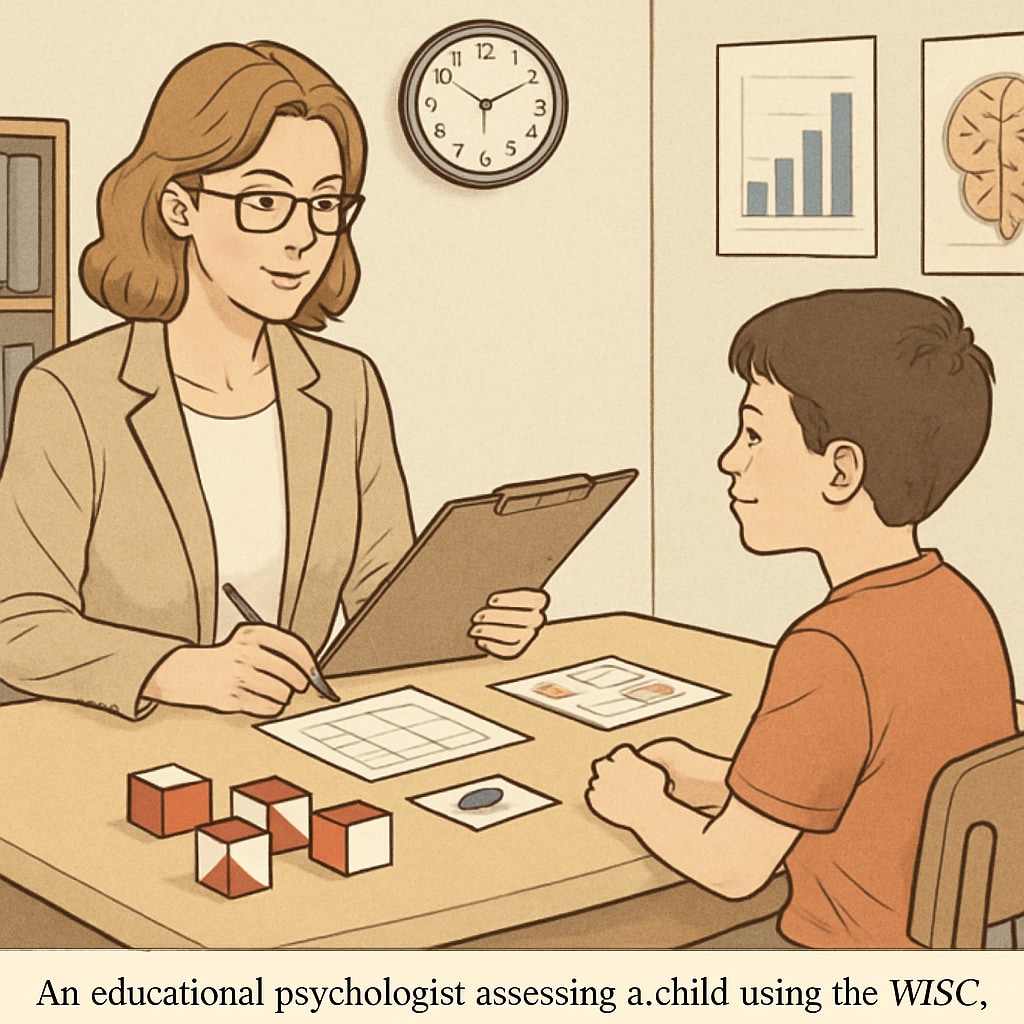Every child is unique, with a distinct set of talents waiting to be discovered. Understanding how to identify and nurture these gifts is essential for parents and educators alike. Two of the most well-known tools for “talent assessment” are the Cognitive Abilities Test (CogAT) and the Wechsler Intelligence Scale for Children (WISC). In this article, we’ll explore their features, applications, and how they can help reveal the untapped potential in children.
Understanding Talent Assessment and Why It Matters
Talent assessment is the process of evaluating a child’s cognitive, creative, and social abilities to identify their strengths and areas for growth. This is particularly important in education, as it helps tailor learning approaches to suit a child’s individual needs. For example, a child with strong mathematical reasoning may thrive in STEM-focused activities, while one with high verbal comprehension may excel in language arts.
Two widely recognized tools used in talent assessment are the CogAT and WISC. Both are designed to evaluate cognitive abilities, but they cater to different aspects of intelligence and developmental needs.

CogAT: Cognitive Abilities Test
The CogAT is a group-administered test that measures reasoning and problem-solving abilities across three main areas: verbal, quantitative, and nonverbal. It is often used in school settings to identify students for gifted education programs. The test provides insights into how children process information, solve problems, and learn new concepts.
- Key Features: Measures verbal, quantitative, and nonverbal reasoning.
- Best For: Group testing and identifying students for advanced academic programs.
- Strengths: Efficient and cost-effective, suitable for large groups of children.
While CogAT is a powerful tool, it’s important to remember that it evaluates potential rather than knowledge. As a result, it can be particularly helpful for identifying gifted students who may not excel in traditional academic settings.
WISC: Wechsler Intelligence Scale for Children
The WISC, on the other hand, is an individually-administered test designed to measure IQ (intelligence quotient). It provides a comprehensive analysis of a child’s cognitive abilities, including verbal comprehension, working memory, and processing speed. Unlike CogAT, WISC offers a detailed breakdown of a child’s intellectual strengths and weaknesses.
Key Features:
- Individually administered for personalized results.
- Measures verbal IQ, performance IQ, and full-scale IQ.
- Provides a detailed profile of cognitive strengths and areas needing support.
Best For: In-depth evaluations, particularly for children with learning differences or behavioral challenges.
The WISC is often used by psychologists to diagnose learning disabilities or to create specialized educational plans. Its depth allows for a nuanced understanding of a child’s intellectual profile, making it a gold standard in individual cognitive assessment.

Which Test Is Right for Your Child?
The choice between CogAT and WISC depends on several factors, including the purpose of the assessment, the child’s needs, and the available resources. Here are some guidelines to help you decide:
- For group assessments: CogAT is ideal for evaluating large groups of students efficiently.
- For detailed individual analysis: WISC provides a comprehensive view of a child’s cognitive abilities and is suitable for diagnosing specific learning needs.
- For gifted program identification: Both tests can be effective, but CogAT is more commonly used for initial screenings.
It’s also worth consulting with educational psychologists or school counselors to determine which test best aligns with your child’s unique circumstances. They can provide valuable insights and recommendations tailored to your needs.
Final Thoughts on Talent Assessment
Talent assessment tools like CogAT and WISC are essential for unlocking children’s potential and guiding their educational journeys. Whether you’re a parent, teacher, or counselor, understanding these tools can help you make informed decisions that empower children to thrive. Remember, no test can fully define a child’s abilities or future. Instead, these tools serve as a compass, pointing the way toward opportunities for growth and success.
For more information on talent assessment, visit resources like CogAT on Wikipedia or Intelligence Tests on Britannica.
Readability guidance: Short paragraphs, clear subheadings, and lists make this article easy to navigate. Overuse of technical jargon is avoided to ensure accessibility for a wide audience. Transition words such as “however,” “therefore,” and “for example” are used throughout to enhance flow.


